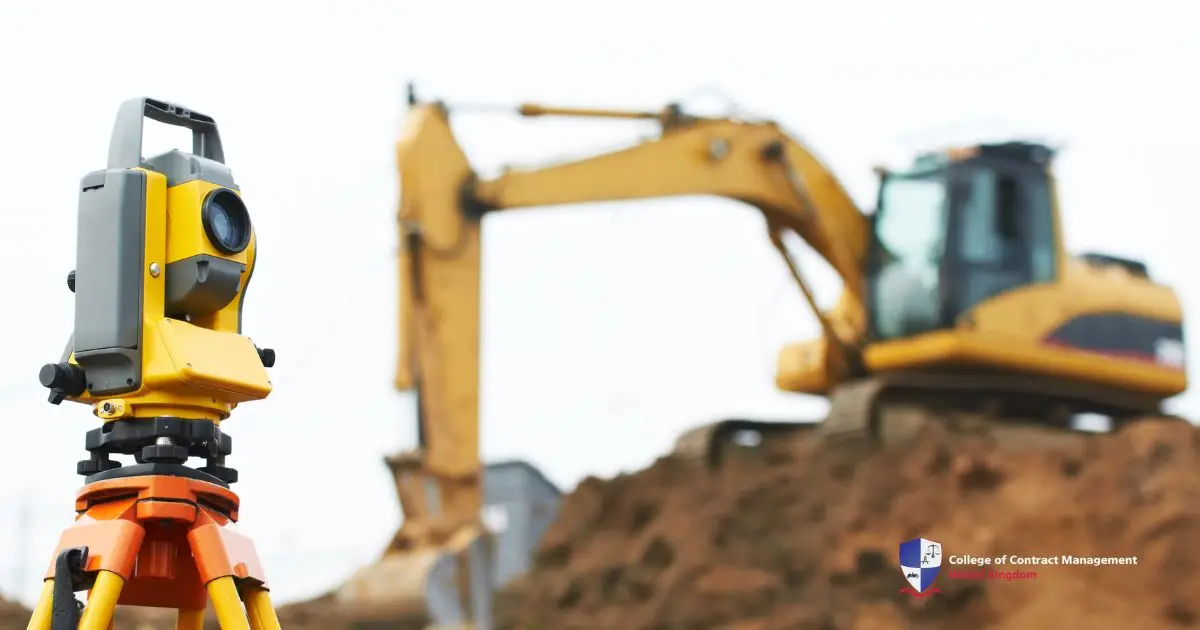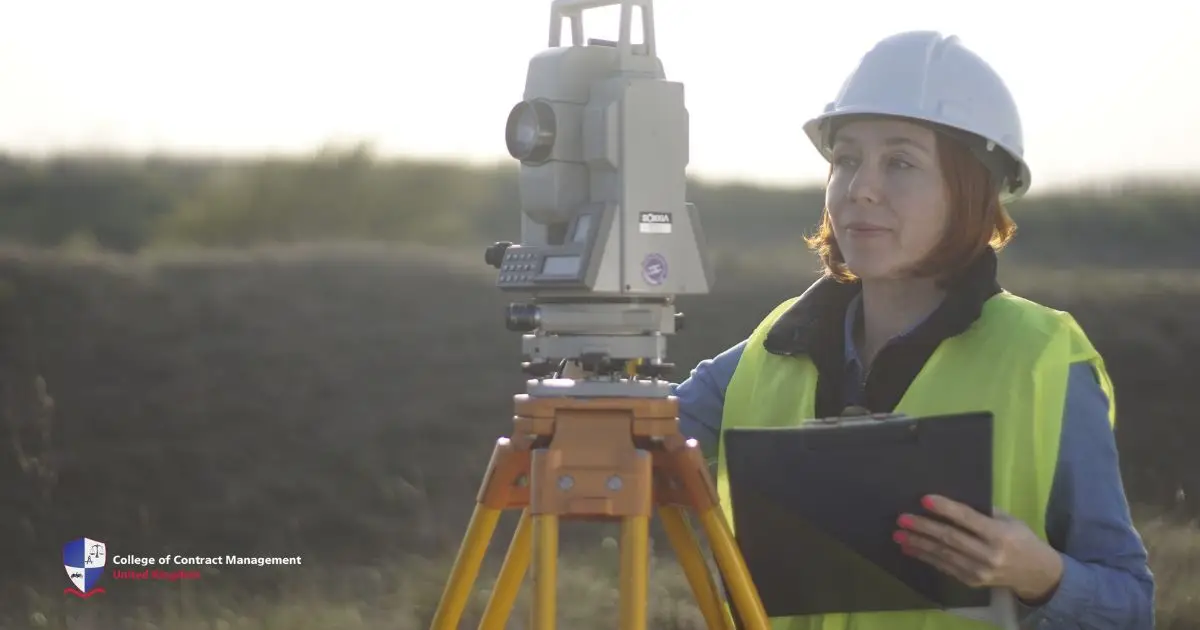A construction project requires a building surveyor to ensure safety and building standards. In building development, the team depends on a surveying professional to spot problems early, avoiding financial and legal risks.
What Does a Building Surveyor Do?
A building surveyor plays a crucial role in the construction and property management industries. They ensure that buildings are safe, functional, and compliant with regulations. If you’re involved in buying, selling, or managing property, understanding what a building surveyor does can be incredibly beneficial.
1. Detailed Inspections and Compliance
Firstly, a building surveyor conducts detailed inspections of buildings. These inspections assess the condition of the structure and identify any issues. For instance, they check for problems like dampness, structural damage, or potential hazards. This thorough examination helps property hazards. This thorough examination helps property owners understand the current state of their buildings. Consequently, they can make informed decisions about repairs or renovations.
Building surveyors also specialise in compliance with building codes and regulations. Every country has specific laws and guidelines that buildings must follow. These experts ensure that new constructions meet these standards. They review building plans and inspect construction sites to ensure compliance. In this way, they help prevent costly legal issues and ensure safety.
2. Disputes Management and Property Valuations
Another essential task is to manage building disputes. Sometimes, property owners or developers may have disagreements over construction work. Building surveyors can mediate these disputes by providing expert opinions. Their knowledge helps resolve conflicts efficiently, ensuring that projects stay on track.
In addition to new constructions, building surveyors handle existing properties. They perform surveys to assess a building’s condition over time. This is especially important for older buildings, which may have wear and tear that needs attention. A building surveyor provides reports on these conditions, offering recommendations for maintenance and repairs.
Moreover, they play a significant role in property valuations. When buying or selling property, a thorough survey is essential to assess the value of a property based on its condition and any necessary repairs. This valuation helps buyers understand what they are purchasing and allows sellers to set realistic prices.
3. Design, Renovations, and Sustainability
Building surveyors also ensure that renovations and extensions are carried out correctly. They monitor the construction process to ensure that any changes to a building meet legal and safety standards. This oversight helps ensure that renovations enhance the building without introducing new issues.
Additionally, building surveyors are involved in the design process of new buildings. They collaborate with architects and engineers to ensure that design plans are feasible and compliant with regulations. Their inputs help avoid costly design errors and ensure that building will function as intended.
For those interested in energy efficiency, building surveyors are increasingly focusing on sustainability. They assess buildings to recommend improvements that reduce energy consumption. This can involve suggesting better insulation, efficient heating systems, or renewable energy sources. By enhancing energy efficiency, they contribute to environmental sustainability and lower utility costs for property owners.
4. Expert Advice and Risk Management
Building surveyors also engage in risk assessments. They identify potential risks associated with a building, such as structural weaknesses or fire hazards. By addressing these risks proactively, they help ensure the safety of building occupants and comply with health and safety regulations.
Building surveyors also offer expert advice on legal and regulatory matters. They keep up with changes in building laws and regulations, ensuring that advice is current and accurate. This expertise helps property owners navigate complex legal requirements and avoid potential pitfalls.
Another critical role of point for consideration is in the area of insurance claims. When a building suffers damage, such as from fire or flood, building surveyors assess the extent of the damage. They provide detailed reports to support insurance claims, helping property owners receive fair compensation.
Furthermore, building surveyors provide valuable advice on maintenance strategies. They help property owners develop long-term plans to keep their buildings in good condition. Regular maintenance can prevent minor issues from becoming major problems, saving money and preserving property value.
In cases where buildings are subject to historical preservation, these specialists offer specialised expertise. They assess the condition of historical buildings and guide preserving their structural integrity. Their work helps protect cultural heritage while allowing for necessary updates and repairs.
What Readiness and Fitness for the Job Does a Job Surveyor Bring?
Building surveyors need fitness for scaffolding and tight spaces; technology now enables physically disabled individuals to work in the field. While jobs are available in the UK, especially for chartered surveyors, some employers deploy them overseas.
1. Skills
Successful building surveyors need technical knowledge, practical thinking, and good communication; additionally, they must build relationships and solve problems effectively. Good IT skills and a driving licence are usually needed, especially in design roles, which adds to the job requirement.
2. Work and Academic Qualifications
Those who have work experiences integrated into their degree programmes have the advantage in the job, but gaining experiences during off-studies is also helpful. Most building surveyors work as freelancers or in private practise. While pay inequality remains, this profession is seeing increasing opportunities and positive changes for women and ethnic minorities.
While any degree can help, having a degree in building surveying or related fields is best. Moreover, when hiring building surveyors, choose those with RICS-accredited degrees. For those whose degrees are unrelated, hire someone with a RICS-certified master's or professional certificate.
A building surveyor performs a wide range of very important tasks in the construction industry. They inspect buildings, ensure regulatory compliance, manage disputes, and contribute to property valuations. Their work extends to advising on energy efficiency, overseeing renovations, and supporting historical preservation. By performing these roles, building surveyors play a vital part in maintaining the safety, functionality, and value of buildings.
Whether you are buying, selling, or managing property, understanding the role of a building surveyor can provide significant benefits. Their expertise ensures that buildings remain safe, compliant, and in good condition. Therefore, if you are involved in any property-related activities consider consulting with a building surveyor to gain valuable insights and advice.
For more information and expert insights on structural surveyors, visit the College of Contract Management UK website for comprehensive details.





